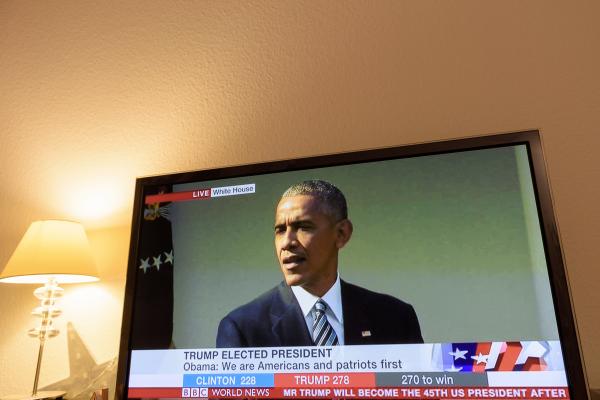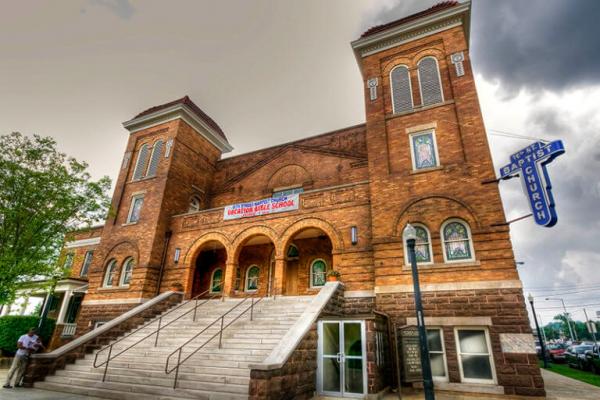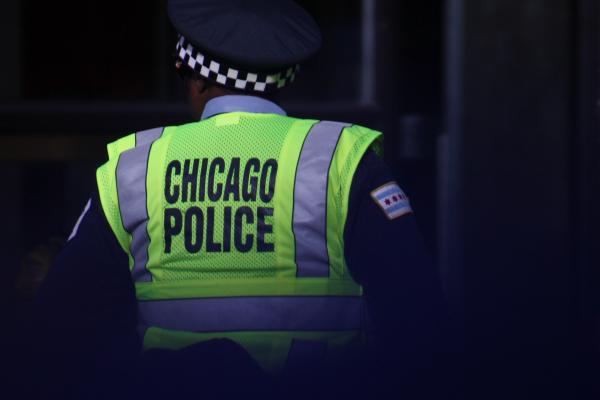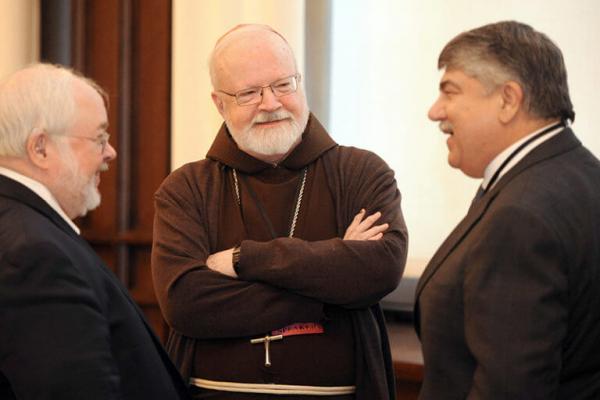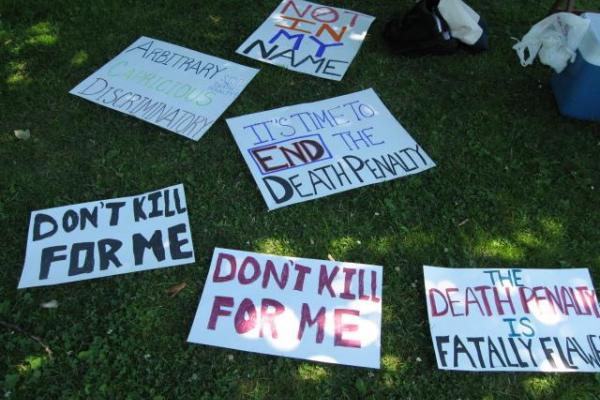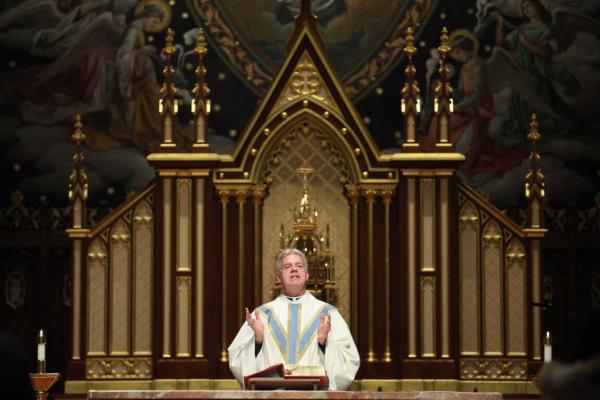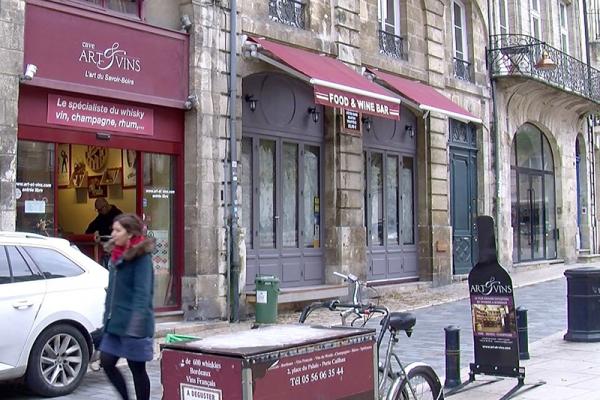America rests on a foundation of sin. Its body is strong but its soul is dead. Yes, America provides so much freedom and benefits so many lives. But woe to us if we look at this country’s glass as half full when so many of our fellow citizens barely have water at all. Woe to us if we praise the calm in our lives while failing to give the distress of others’ lives the full attention it needs.
Any speech about America that fails to look at this nation’s current state with the realism and gravity it deserves is speech about a country that doesn’t exist. The America that President Obama spoke of, in his farewell address, is an America I barely recognize.
In one of his last official acts, President Obama has designated Sixteenth Street Baptist Church, and other civil rights landmarks in Birmingham, Ala., as the Birmingham Civil Rights National Monument.
The designation protects the historic A.G. Gaston Motel in that city, where the Rev. Martin Luther King Jr. and other civil rights leaders had their 1963 campaign headquarters, as well as Kelly Ingram Park, where police turned hoses and dogs on civil rights protesters. And it includes the Sixteenth Street Baptist Church, where four girls died in 1963, after the Ku Klux Klan detonated 19 sticks of dynamite outside the church basement.
There were more than 400 force reports and over 170 officer related shootings in Chicago from January 2011 to April 2016 that. Not only did the department review, investigate and analyze these police documents, procedures, and trainings, they met with city leaders, community organizers, former police officer, rode along with current officers, and heard from over 1000 community members before making this judgement.
For much of its long history in the U.S., the Catholic Church was known as the champion of the working class, a community of immigrants whose leaders were steadfast in support of organized labor and economic justice – a faith-based agenda that helped provide a path to success for its largely working-class flock.
In recent decades, as those ethnic European Catholics assimilated and grew wealthier, and as the concerns of the American hierarchy shifted to battles over moral issues, such as abortion and gay marriage, traditional pocketbook issues took a back seat.
1. Women’s March on Washington Releases Its Platform
And it’s a progressive manifesto. Read up on the four-page policy platform here.
If you’ll be in town on Friday afternoon, churches and facilities throughout the D.C., Maryland, Virginia metro are offering free trainings. Sign up at the link!
And …
3. Tell Us Why You’re Marching
Whether here in D.C., at a sister march throughout the country, or in spirit — tell us your story about why you’re marching on Jan. 21.
Curtis thought there would be a few still shots taken of their meeting in an otherwise empty City Council chamber. But a video was made instead, showing the two men stretching, twisting, and wrapping a scarlet cloth on the mayor’s head.
At the end, Pandher breaks into Bhangra — a traditional folk dance from the Punjab region — and Curtis gamely follows, despite his portly figure and business suit.
The video ricocheted around Canada and then overseas via BBC News. It has been viewed more than 4.5 million times.
We march on Jan. 17 because it is the 40th anniversary of the first "modern-era" execution, after our courts ruled in favor of the death penalty following a decade-long moratorium. On that day, Gary Gilmore was executed by firing squad in Utah in revenge for his murders of Max Jenson and Ben Bushnell. Since then there have been 1,442 other executions. We will hold 40 signs, one for each year since 1977, with the names of those executed each year. We will also carry roses for the victims — both those who have been murdered and those who have been executed — declaring that violence is the disease … not the cure.
It has also been five months since Myers suspended me from all priestly ministry, for my “disobedience” in continuing to be involved with that same work against LGBT discrimination.
That’s given me a lot of time to think about what would happen when a new archbishop came to Newark, and what my future would be.
Across Europe, governments and local communities are searching for ways to counter extremism after a wave of largely homegrown terrorist attacks.The question is all the more important for France, the target of three terror strikes in two years, and Western Europe’s biggest exporter of extremist fighters.Yet while countries such as Britain, Denmark and Germany have long been involved in deradicalization efforts, France is a relative newcomer to such programs. Some believe the country’s fiercely secular mindset and conflicted relationship with Islam pose additional obstacles.
Popular films like American Sniper reduce places like Iraq to dusty war zones, devoid of any culture or history. Fears and anxiety manifest themselves in Islamophobic actions such as burning mosques or even attacking people physically.
At the heart of such fear is ignorance. A December 2015 poll found that a majority of Americans (52 percent) do not understand Islam. In this same poll, 36 percent also said that they wanted to know more about the religion. Interestingly, those under 30 years were 46 percent more likely to have a favorable view of Islam.
